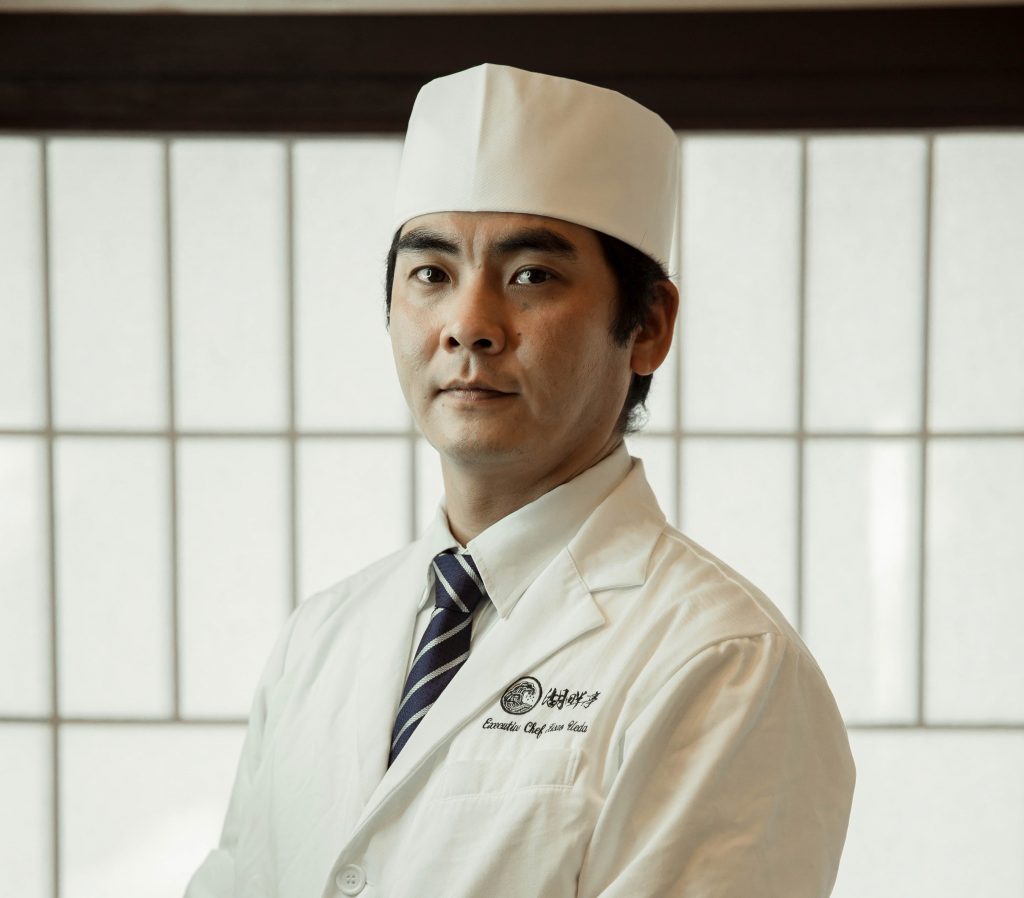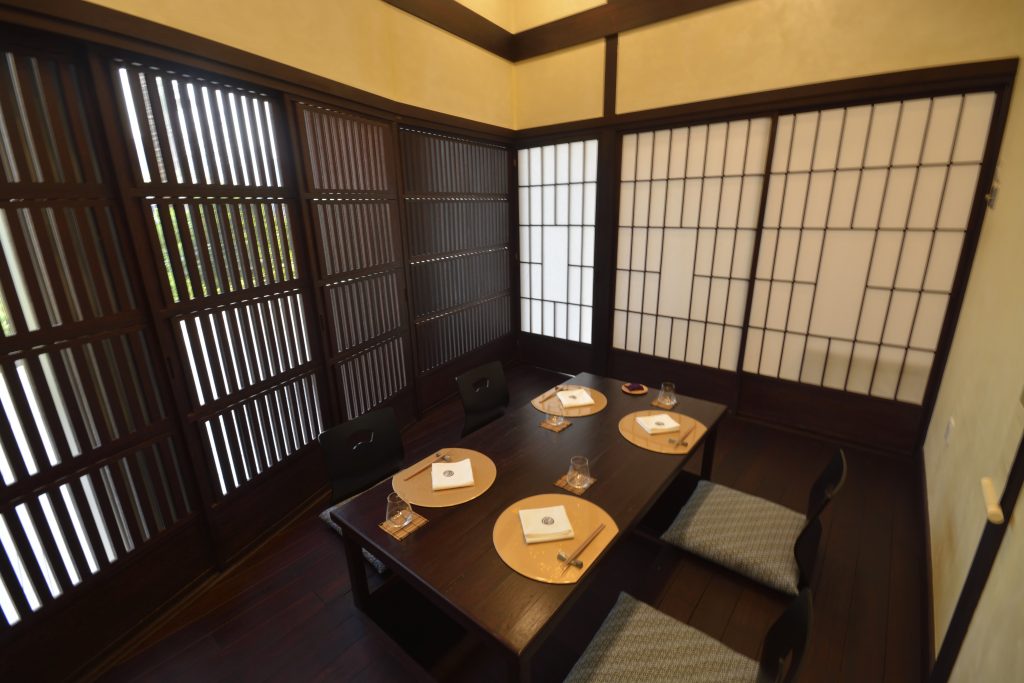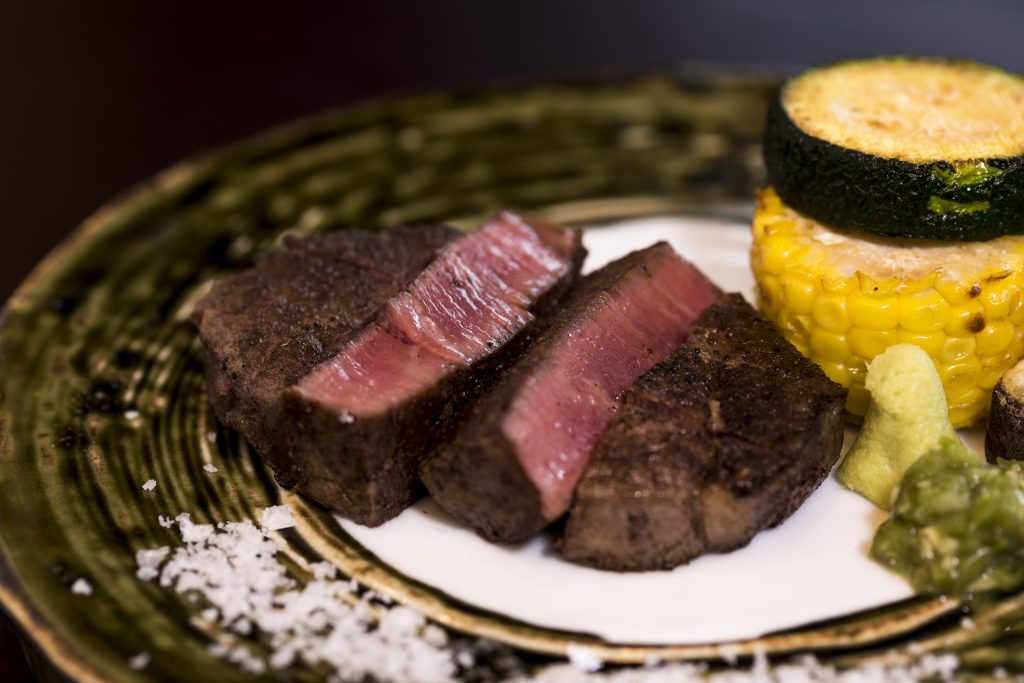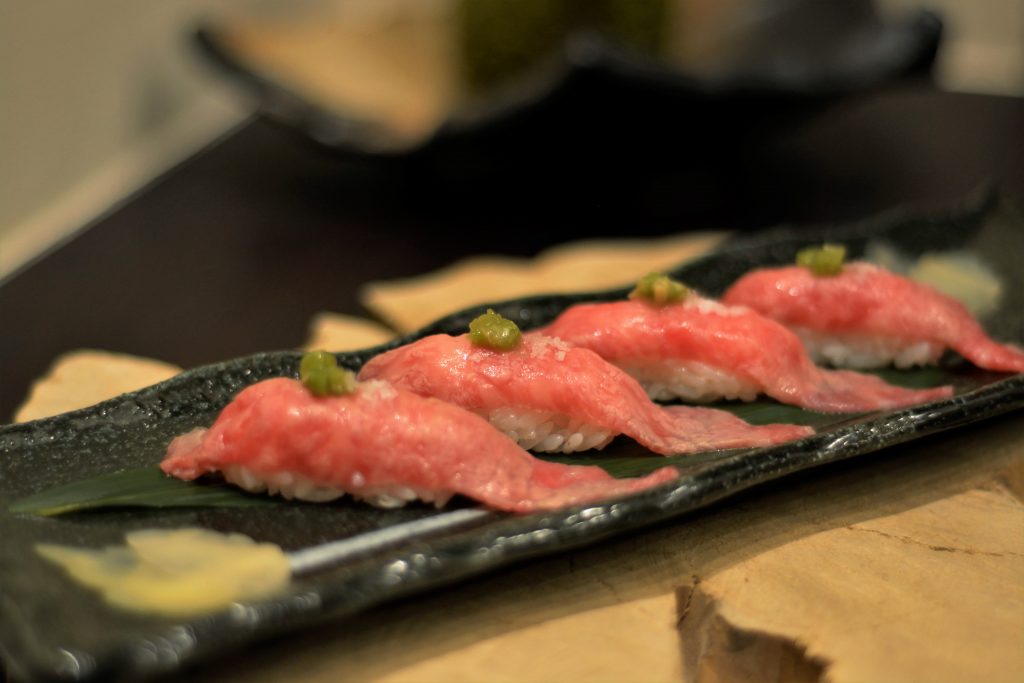







Dubai: Arab and Gulf nationals generally feel most at ease compared to other nationalities dining at Kohantei, the only Kaiseki food outlet in the Middle East, the restaurant’s manager Mika Ueda has said.
According to Mika, Kaiseki cuisine involves a traditional multi-course meal using seasonal Japanese ingredients. The meal can last up to two hours, as each dish requires an explanation and extensive preparation.
“We get a lot of Arab guests, mostly UAE and Saudi nationals,” Mika said. “Our courses are mainly beef related dishes, Gulf nationals really like it. The atmosphere is also very comfortable for them; they feel like it is traditional as the seating and experience is very similar to the Arab culture.”
Located at the Dubai Opera House, Kohantei receives a lot of Arab guests that have usually travelled to Japan before, and have an idea of what the Kaiseki experience entails, Mika said.
“Our Arab diners are generally older and prefer quiet, intimate restaurants, rather than loud, trendy ones.”
According to Kohantei’s manager, their biggest challenge is asking guests to take their shoes off before beginning their dining experience.
“Europeans sometimes don’t like to remove their shoes though. But Arabs usually understand and feel more comfortable because of their similar culture,” she said.
When it comes to serving traditional Japanese dishes, Kohantei’s executive chef, Mika’s husband Hisao, said that diners of Arab origin order halal Wagyu beef most.
“In this market specifically, the most popular are the tenderloin and strip loin cuts,” he said.
The chef explained that he had worked as a cook for the last 20 years, but it is only recently that he started working with halal ingredients.
“When I was in Japan, I never worked with halal ingredients. Working with halal recipes is not that different, but I just have to be more careful with the ingredients I use. Japanese cuisine uses a lot of soy sauce, which may contain alcohol, and rice wine,” he said.
Hasao said it is not very challenging to find halal food as they get shipments from Dubai-based suppliers, along with the two weekly shipments of fresh seasonal ingredients they receive from Japan.
“The only thing I find challenging is that I always try to cook the exact same way as I do in Japan,” he said. “However, the ingredients differ still, with the non-alcoholic soy sauce and other halal ingredients. So, I have to adjust the flavors accordingly, which can be difficult at times.”
Kohantei has been operating for the last two years. Mika and Hisao worked together previously at a bigger restaurant in the UAE.
The couple then decided to open their own Kaiseki restaurant in Dubai as they said they felt there was a lack of such seasonal cuisine in the Arab market.